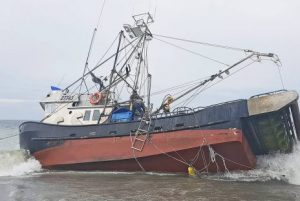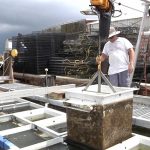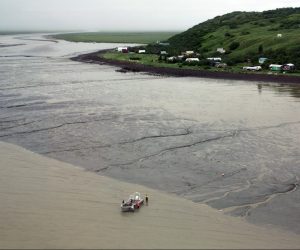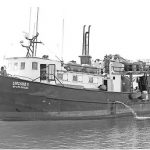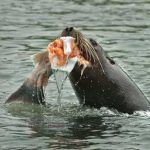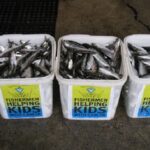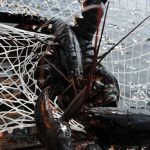The NLGIDC Supports the Position of an Inshore Fisheries Coalition on the New Redfish Fishery
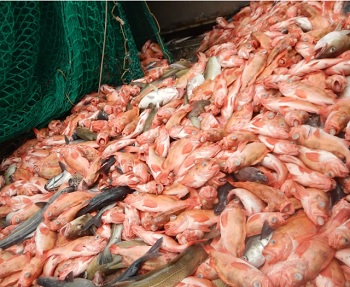 St. John’s, October 15, 2021. The Newfoundland and Labrador Groundfish Industry Development Council (NLGIDC) clearly supports the position of a coalition of inshore harvester associations, Indigenous nations, and those involved in seafood processing in Newfoundland & Labrador, Quebec and New Brunswick.
St. John’s, October 15, 2021. The Newfoundland and Labrador Groundfish Industry Development Council (NLGIDC) clearly supports the position of a coalition of inshore harvester associations, Indigenous nations, and those involved in seafood processing in Newfoundland & Labrador, Quebec and New Brunswick.
This coalition issued a News Release on this important issue on October 14, 2021 that called on the Department of Fisheries and Oceans (DFO) to immediately suspend its consultation process on the rapidly growing redfish resource in the Gulf of St. Lawrence.
DFO recently announced a process to determine how Unit 1 Redfish will be allocated. This process will not include any direct consultation with potentially affected coastal communities and it is DFO’s plan to have all consultation completed by mid-November. A new process should be established that provides sufficient time to enable affected coastal and Indigenous communities as well as other parties to have full participation in DFO’s decision making process.
The Unit 1 redfish stock has been under moratorium since the early 1990’s, however, in the past few years, this stock has increased rapidly with the biomass growing to over 4,000,000 metric tons. Jim Baird, Chairman of the NLGIDC, commented: “This stock is now one of the largest fish stocks in the world and has the potential to provide benefit to fishermen and coastal communities for decades to come.” This stock is distributed throughout the Gulf of St. Lawrence.
The Newfoundland and Labrador Groundfish Industry Development Council is an association comprised of fish harvesters, the FFAW and a number of NL fish processors. We contend that the principle for adjacency should require that those who live closest to the resource be the primary beneficiaries of the harvesting of that resource. It is critical that the principle of adjacency be followed in determining an allocation regime for the Unit 1 Redfish fishery. This fishery will be begin to be harvested commercially in the near future and it is imperative that adjacent coastal and Indigenous communities receive sufficient benefit from this important renewable natural resource.
Contact
Jim Baird, Chair, NLGIDC
(709) 749-2421
[email protected]

































